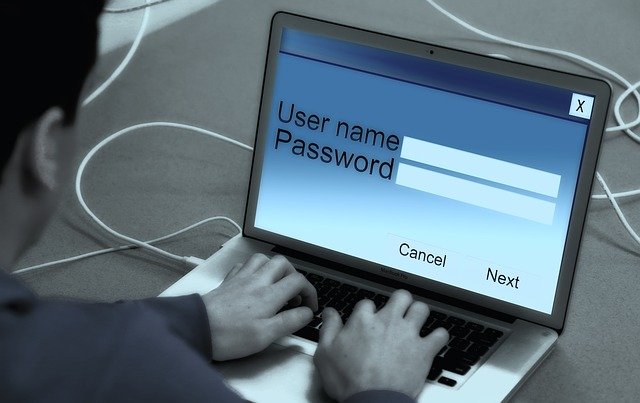In today’s digital world, data is the lifeblood of many businesses, and even when it isn’t, companies amass an incredible amount of what is often highly sensitive or personally identifiable information about their customers, suppliers, and partners. This information is often considered highly valuable and if it falls into the wrong hands, it could have catastrophic financial and reputational consequences for an enterprise.
So, it should come as no surprise that securing this data is also a priority for many businesses, yet it is one that is often neglected when it comes to sharing information between teams and suppliers. The result of this is that data is often shared in a way that can lead to it falling in the wrong hands, such as the use of unsecured collaboration platforms. To avoid this happening within your own organization, here are some valuable tips to follow when it comes to sharing data securely.
Invest in Employee Training
Human error is often the cause of security breaches, which is why it is important to take a bottom-up approach to data security by investing in employee training. While all organizations should have clearly set out security protocols, putting these in place will have little effect if individuals do not follow the guidelines.
 It is no secret that all employees exhibit a degree of reckless behavior when sharing data, be it maliciously or simply due to a lack of training on proper protocols. From sharing data on an unsecured platform to accidentally sharing documents with the wrong individuals, untrained employees pose the biggest threat to secure data sharing.
It is no secret that all employees exhibit a degree of reckless behavior when sharing data, be it maliciously or simply due to a lack of training on proper protocols. From sharing data on an unsecured platform to accidentally sharing documents with the wrong individuals, untrained employees pose the biggest threat to secure data sharing.
The way to rectify this is to invest in data security training for all employees, something which nearly half of businesses don’t currently do. As more and more companies rely on sharing data both internally and externally it becomes increasingly vital that all staff members know how to handle and share this sensitive information securely.
Stop Siloing Your Data
This may sound contradictory as restricting access to data is one of the key components of sharing secure data without compromising it. However, the lack of centralized data storage that exists in most companies is what can compromise sensitive information, to begin with. After all, if you do not know where all of your data is, how can you control who has access to it?
While most data can remain siloed – especially if it is a team or a department-specific – what an organization classes as essential information, such as customer data or serial numbers for components, should be centralized. This not only makes it easier to share but also makes it far easier to safeguard the data, how it is shared, and who has access to it.
However, it is important to note that you should only centralize your data if you are willing to invest in a secure data sharing method, otherwise you risk compromising it, especially if you frequently share that data internally and externally. Which leads us to our next point…
Use a Secure Data Sharing Solution
For those businesses and public authorities that deal with highly sensitive information, a secure data sharing solution should be seen as their first and only option for sharing information. You need only look at the increasingly frequent number of headlines regarding data leaks and cybersecurity breaches to see the consequences of not taking the highest level of care when using a data-sharing solution.
Thankfully a range of vendors is now seeking to remedy this gap in the market. Companies like Gospel Technology are developing secure data-sharing platforms that use distributed ledger technology, to ensure that data owners remain in full control of the information they share internally and with external partners.

